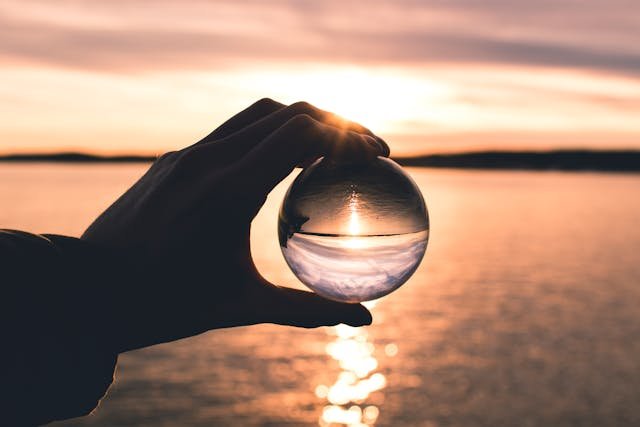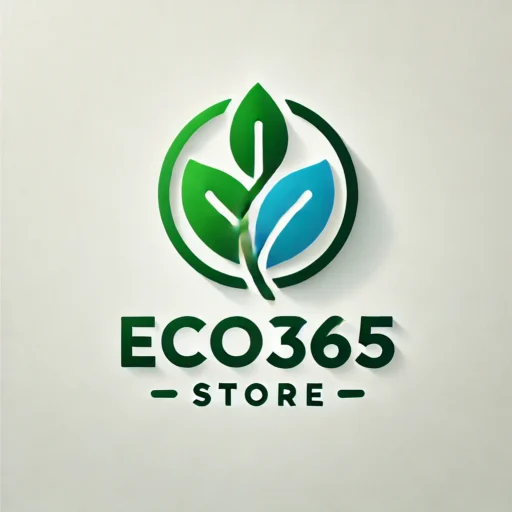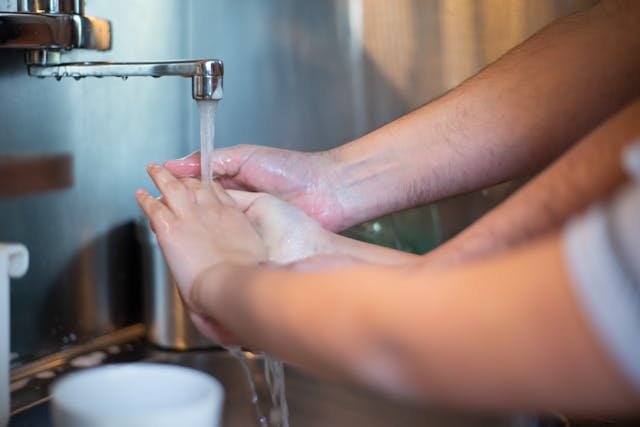Water is one of Earth’s most precious resources, and learning how to save water is essential for a sustainable future. Whether at home, outdoors, or in public spaces, small changes can make a big impact. Simple ways to save water include fixing a leaking tap, installing water-saving devices, or choosing to use less water in daily routines like brushing your teeth. Turning off the tap while brushing, for example, saves gallons of water each day. By reducing unnecessary water use and adopting practical habits, you can play a part in preserving water for future generations. Start today by exploring effective water-saving strategies and inspiring others to take action to use less water in their lives.
Why water conservation is Important?
Water conservation is crucial for sustaining life and protecting the planet. Excessive water use and wastage contribute to environmental degradation, depleting natural resources and harming ecosystems. Implementing water-saving habits, especially at home, can significantly reduce the environmental impact of water wastage. Conserving water helps ensure there’s enough for future generations while reducing strain on water treatment facilities and energy use. Globally, billions of people face water scarcity, with studies showing that over 2 billion lack access to safe drinking water. By practicing mindful water conservation, such as fixing leaks and reducing unnecessary water use, communities can thrive, and natural resources can be preserved. Small actions can make a big difference when it comes to saving water.

Simple 7 Ways to Save Water at Home
- Fixing Leaks and Drips: A leaking tap can waste hundreds of liters of water over time. Repair leaks promptly to prevent unnecessary water loss.
- Use Water-Efficient Appliances: Opt for a water-saving washing machine and dishwasher, which use significantly fewer liters of water and reduce water and energy consumption.
- Turn Off Taps When Not in Use: Avoid keeping the tap running while brushing your teeth or washing dishes to save several liters daily.
- Install Low-Flush Toilets: Upgrade to low-flow or dual-flush systems to minimize water use during every flush.
- Water Plants Smartly: Use a drip irrigation system or a sprinkler during cooler hours to avoid excessive evaporation.
- Collect Rainwater: Harvest rainwater for outdoor watering needs and other non-potable uses.
- Wash Full Loads: Run your washing machine or dishwasher only with full loads to maximize efficiency and reduce water waste.
10 Quick Tips On How to save water?
- Turn off the tap while brushing your teeth or washing your face.
- Fix leaks and drips immediately to prevent water waste.
- Use a bucket instead of a hose for washing your car.
- Install water-saving fixtures like low-flow showerheads and faucets.
- Run your dishwasher and washing machine only when fully loaded.
- Collect rainwater for watering plants and outdoor cleaning.
- Water your garden in the early morning or late evening to reduce evaporation.
- Use a broom to clean driveways and sidewalks instead of hosing them down.
- Reuse greywater from washing vegetables to water plants.
- Take shorter showers to save liters of water each day.
Common Myths About Water Conservation
Myth 1: “Small changes don’t make a difference.”
Reality: Turning off the tap while brushing can save up to 10 liters of water per person daily. Small habits add up to significant savings over time.
Myth 2: “Water-saving devices are expensive.”
Reality: Many water-saving fixtures, like aerators and low-flow showerheads, are affordable and reduce both water and energy bills.
Myth 3: “We’ll never run out of water.”
Reality: Only 1% of Earth’s water is drinkable, and many regions face severe shortages due to overuse and wastage.
Myth 4: “Fixing leaks doesn’t save much water.”
Reality: A small leak can waste thousands of liters annually, making leak repairs one of the most effective conservation methods.
Myth 5: “Using less water means sacrificing comfort.”
Reality: With efficient practices and technology, you can conserve water without compromising on convenience or quality of life.
Final Thoughts:
Learning how to save water is essential for preserving this vital resource for future generations. By adopting simple yet effective ways to conserve water—such as fixing leaks, using water-efficient appliances, and reducing waste during daily activities—you can make a significant impact. Small actions, like turning off the tap while brushing your teeth or using rainwater for gardening, add up to meaningful change. Water conservation not only protects the environment but also reduces water and energy bills. Start incorporating these practical tips into your routine today and inspire others to join in the effort to safeguard our planet’s precious water supply.

Anamika is a passionate writer for Eco365Store.com, specializing in topics that inspire a cleaner, greener world. With expertise in home cleaning, recycling, and eco-friendly solutions, she crafts engaging and informative articles that help readers adopt sustainable practices in their daily lives.

